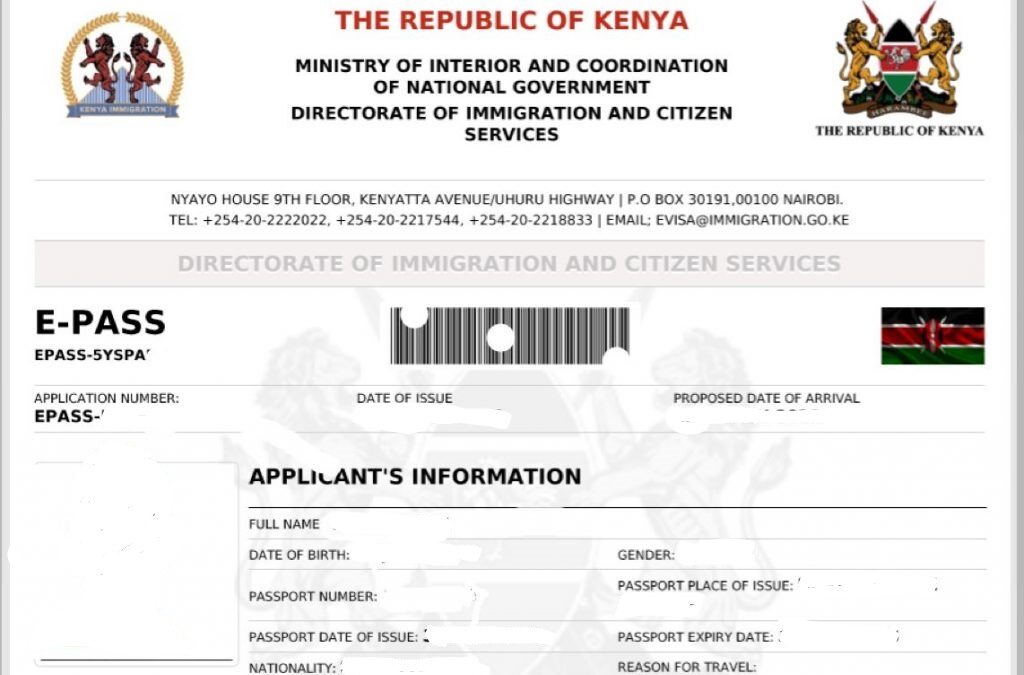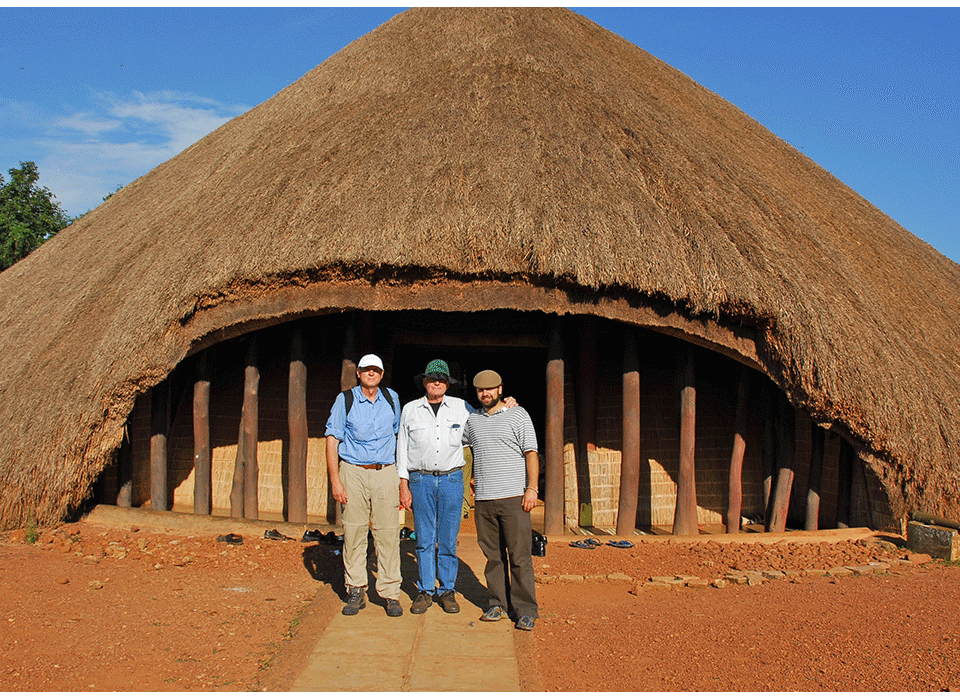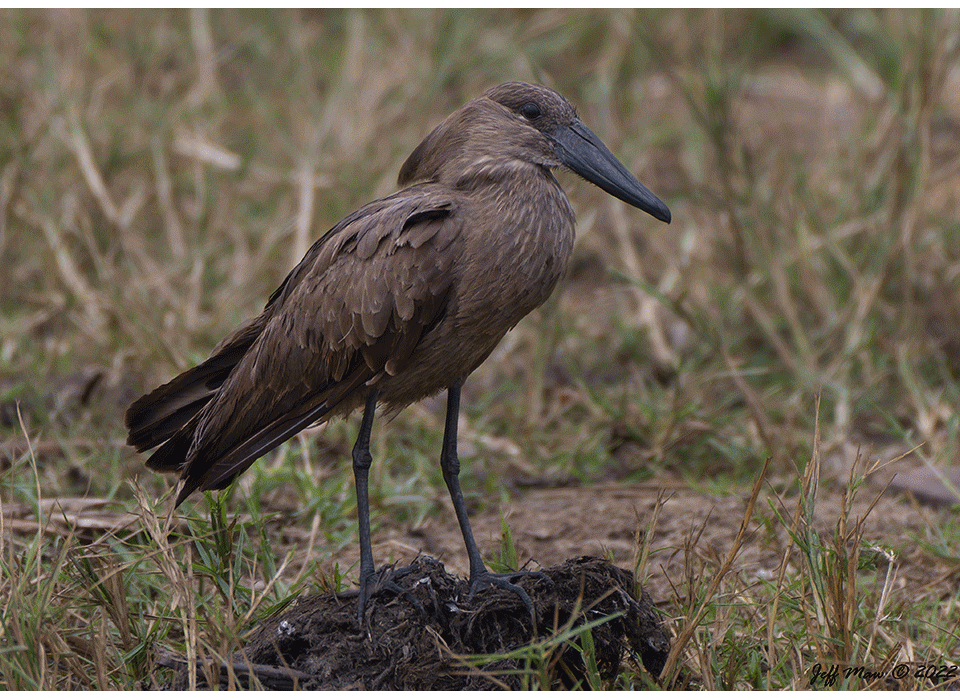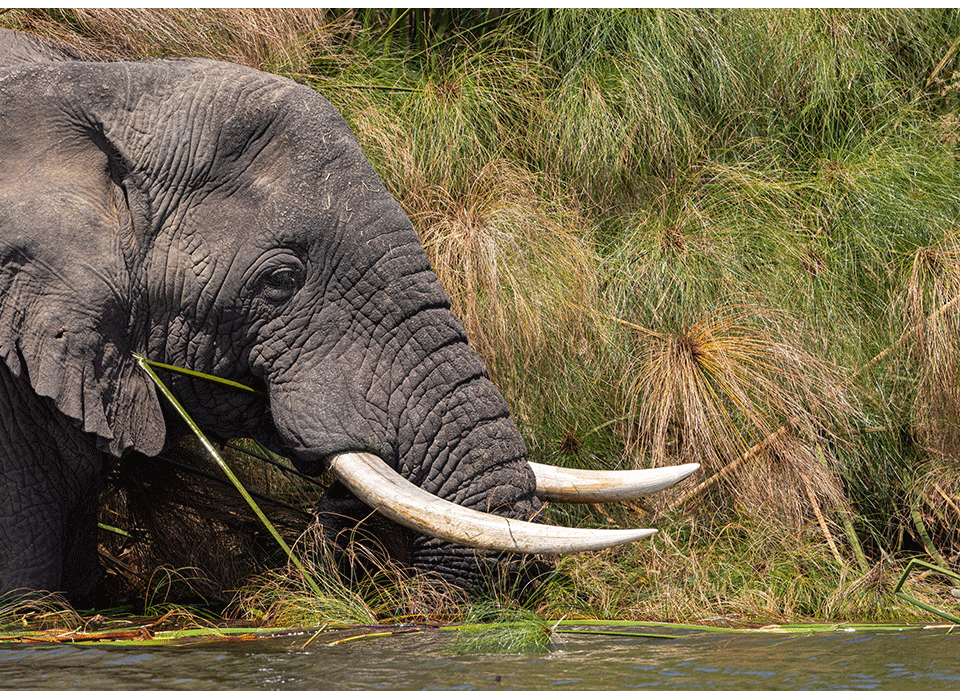
What’s the green season like in the Maasai Mara?
November 20, 2025
Is the East Africa Tourist Visa accepted in Kenya?
November 20, 2025Do I Need a Visa to Visit Kenya?
If you’re planning a safari in Kenya—whether to witness the Great Migration in the Maasai Mara, explore Amboseli’s elephant herds beneath Mount Kilimanjaro, or relax on the pristine shores of Diani Beach—one of the first practical questions you’ll ask is: Do I need a visa to visit Kenya?
The answer is yes, most international travellers require an electronic travel authorization (eTA) or visa to enter Kenya, depending on their nationality and travel purpose. As of 2024, Kenya introduced a new Kenya Electronic Travel Authorization (Kenya eTA) system, replacing traditional visas for many visitors. This system is designed to simplify entry procedures, reduce queues, and enhance security at border points.
To ensure your trip to Kenya is seamless and stress-free, it’s essential to understand the visa requirements, how the eTA system works, who needs it, how to apply, what documents you’ll need, processing times, fees, and special considerations for families, transits, and safari travellers. This in-depth guide covers everything you need to know before your visit.
Understanding Kenya’s Entry Requirements
For decades, Kenya operated a visa-on-arrival and eVisa system. But as part of modernizing its border control and enhancing the travel experience, Kenya officially transitioned to an Electronic Travel Authorization (eTA) system for most nationalities.
What Is the Kenya eTA?
The Kenya Electronic Travel Authorization is an online pre-travel clearance document required for most foreign travellers entering Kenya. It is not a visa in the traditional sense, but it functions similarly by giving travellers permission to board a flight to Kenya and present themselves at the border for entry.
Regardless of whether your country previously required a visa or enjoyed visa-free travel, you must now apply for an eTA unless you fall into one of the exempt categories.
Who Needs an eTA to Enter Kenya?
Most travellers require an eTA, including citizens of:
The United States
The United Kingdom
Canada
Australia and New Zealand
European Union countries
India
China
Japan
UAE and most Middle Eastern countries
Most African nations
In general, if you’re an international tourist, you should assume you need an eTA unless specifically exempt.
Who Is Exempt From the eTA?
Travellers who do not need an eTA include:
Holders of Kenyan passports or residency permits
Citizens of the East African Community (EAC):
– Uganda
– Tanzania
– Rwanda
– Burundi
– South Sudan
– Democratic Republic of Congo
Infants under 16 years old (accompanying adults still require an eTA)
Transit passengers who remain inside the airport and do not go through immigration
EAC citizens may enter with national IDs or passports, depending on their policies.
Do Children Need an eTA?
Children under 16 years old do not need an eTA to enter Kenya.
However:
They must be accompanied by an adult who has an approved eTA
Their information must still be included on the accompanying adult’s application
Children aged 16 and above must apply individually.
How to Apply for the Kenya eTA
Applying for the Kenya eTA is simple and done entirely online.
Step-by-Step Guide:
1. Visit the official eTA portal
You must apply through the official Kenyan government website. Beware of third-party sites charging higher fees.
2. Create an account
You will need a valid email address and passport details.
3. Fill out the application
You’ll enter:
Personal information
Passport details
Travel dates and flight info
Accommodation details
Purpose of visit
A recent passport-style photograph
4. Upload documents
Typically required documents include:
A copy of your passport bio-page
A passport-sized photograph
Your flight booking
Accommodation confirmation (or safari itinerary)
Safari travellers booking through tour companies may upload a booking confirmation letter.
5. Pay the application fee
The fee varies depending on nationality, but most travellers pay approximately USD $30–$50, plus processing charges.
6. Wait for approval
Processing usually takes:
24–72 hours,
but it is advisable to apply at least one week before travel.
Once approved, the eTA is emailed to you as a PDF.
7. Print or download your eTA
You will need to present it at check-in and upon arrival in Kenya.
How Long Is the eTA Valid?
A Kenya eTA is valid:
For single entry
For 90 days from issue date
For a stay of up to 90 days once in Kenya
If you are planning a multi-country East Africa safari visiting Tanzania, Rwanda, or Uganda, you will need a new eTA each time you re-enter Kenya.
What If I’m Doing a Multi-Country Safari?
Travellers exploring East Africa often combine Kenya with Tanzania, Rwanda, or Uganda. Here’s what you need to know:
If your trip starts in Kenya:
Apply for the eTA before arriving.
If you exit Kenya and return again:
You must apply for a new eTA because the authorization is single-entry.
Consider the East Africa Tourist Visa (EATV)
If your itinerary includes:
Kenya
Uganda
Rwanda
The East Africa Tourist Visa may be better.
It allows:
Multiple entries within all 3 countries
90 days of travel
But this visa must be obtained in advance and is issued by the country of first entry.
Note: Tanzania does not participate in the EATV, so it requires separate visas.
Do You Need a Visa for a Cruise Stop in Kenya?
Yes. Cruise passengers who disembark in Mombasa or Lamu must also obtain an eTA unless exempt.
What Happens on Arrival?
When you land at Nairobi’s Jomo Kenyatta International Airport or land at Wilson Airport from a regional flight:
Follow signs to Immigration
Present your passport + eTA approval
Answer basic questions about your visit
Receive a stamp approving your stay
Most travellers find this process quick and smooth when they have all documents ready.
What If My eTA Application Is Denied?
Denials are rare and usually due to:
Incomplete forms
Poor-quality passport photos
Incorrect passport details
If denied, you can reapply immediately after correcting errors.
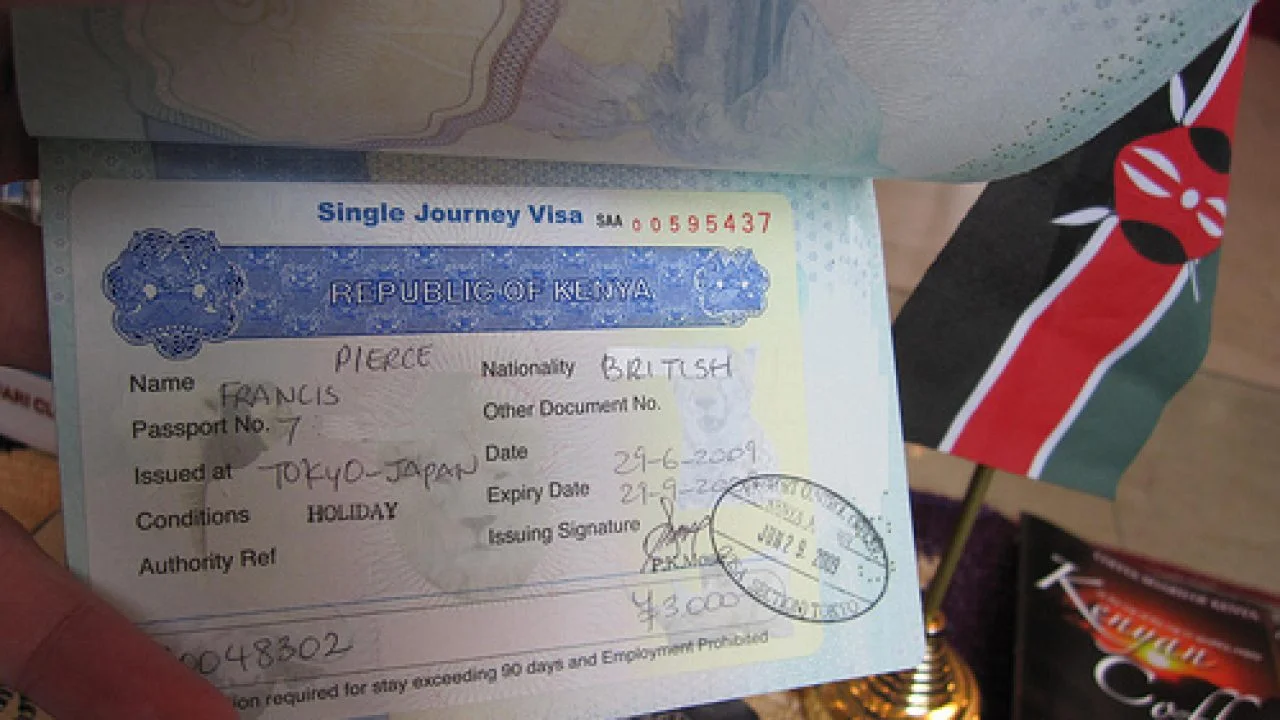 What Documents Should I Carry When Traveling to Kenya?
What Documents Should I Carry When Traveling to Kenya?
Always travel with:
Printed eTA approval
Passport valid for 6 months
Return or onward ticket
Safari itinerary or lodging confirmations
Yellow fever certificate (if coming from or passing through a risk region)
Border officials may request any of these.
Tips for a Smooth eTA Application
Apply at least 5–7 days before your trip
Use high-quality scanned documents
List accurate travel dates and accommodation
Ensure your passport photo meets requirements
Confirm your passport has blank pages for entry stamps
Safari travellers booking through reputable companies typically receive all required documentation in advance.
Do I Need a Visa for Transit in Kenya?
If you remain inside the international terminal during your layover, you do not need an eTA.
If you want to leave the airport during your transit, you must apply for an eTA.
Special Cases: Diplomats, Volunteers, and Long-Stay Visitors
Diplomats
Exempt depending on their mission, but often need an official travel document.
Volunteers or Work-Related Visits
Volunteers, interns, or employees require:
A special pass
Or a work permit
Tourist eTAs do not authorize work or volunteer activities.
Long-Stay Visitors
If staying more than 90 days, you must request an extension from the Immigration Department in Nairobi.
Final Thoughts: Is It Hard to Visit Kenya?
Not at all. Kenya’s eTA system is designed to simplify travel. For most international tourists, the process is quick, easy, and fully digital. With proper preparation, your arrival in Kenya will be smooth, allowing you to focus on what truly matters—immersing yourself in thrilling game drives, witnessing breathtaking wildlife, and exploring one of Africa’s most extraordinary safari destinations.
Book Your Kenya Safari with Experiya Tour Company
For a hassle-free safari experience—complete with visa guidance, itinerary planning, accommodation coordination, and professional wildlife expertise—Experiya Tour Company is your trusted partner. Their team assists travellers with everything from preparing travel documents to arranging world-class safari adventures in Kenya’s top destinations. Whether you’re exploring the Maasai Mara, Amboseli, Samburu, Tsavo, or the Kenyan coast, Experiya ensures your journey is seamless, safe, and unforgettable. When planning your safari in Kenya, trust Experiya Tour Company to handle every detail with care and excellence.

